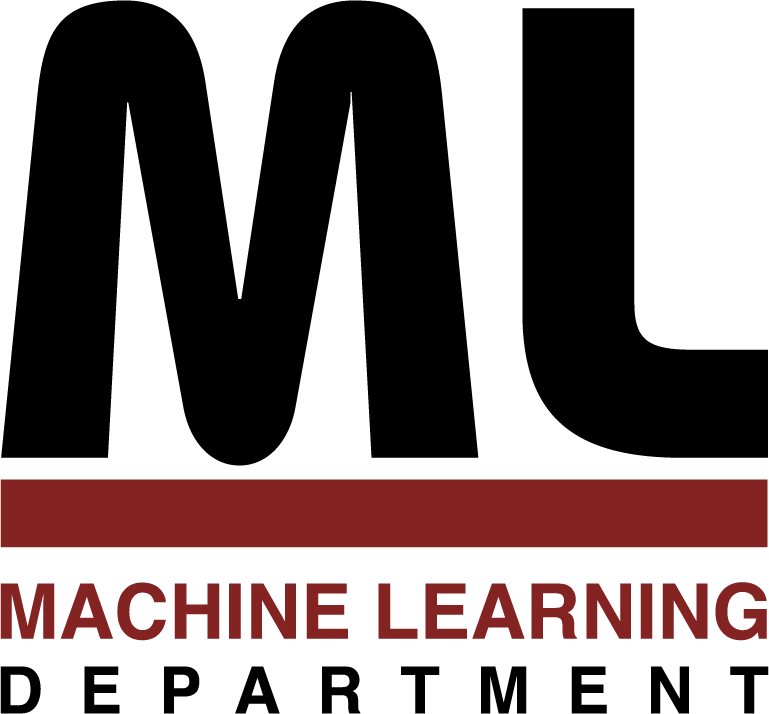
Machine Learning Department
School of Computer Science, Carnegie Mellon University
Learning Compressible Models
Yi Zhang, Jeff Schneider, Artur Dubrawski
November 2009
In this paper, we study the combination of compression and λ1-norm regularization in a machine learning context: learning compressible models. By including a compression operation into the λ1 regularization, the assumption on model sparsity is relaxed to compressibility: model coefficients are compressed before being penalized, and sparsity is achieved in a compressed domain rather than the original space. We focus on the design of different compression operations, by which we can encode various compressibility assumptions and inductive biases, e.g., piecewise local smoothness, compacted energy in the frequency domain, and semantic correlation. We show that use of a compression operation provides an opportunity to leverage auxiliary information from various sources, e.g., domain knowledge, coding theories, unlabeled data. We conduct extensive experiments on braincomputer interfacing, handwritten character recognition and text classification. Empirical results show clear improvements in prediction performance by including compression in λ1 regularization. We also analyze the learned model coefficients under appropriate compressibility assumptions, which further demonstrate the advantages of learning compressible models instead of sparse models.
21 pages
School of Computer Science homepage
This page maintained by [email protected]